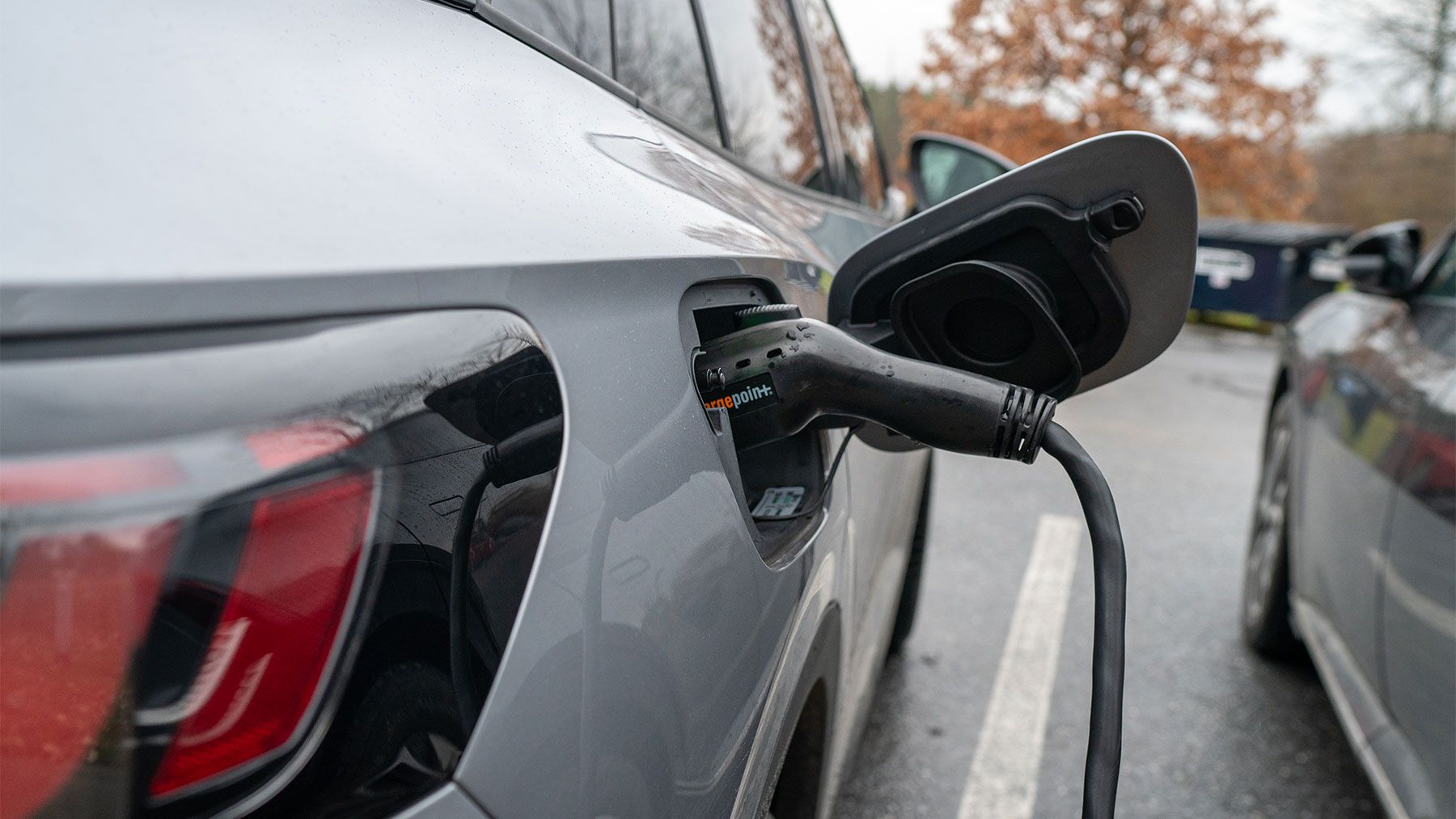Let’s get in touch
Schedule a meeting with our Expert to discuss your needs and explore tailored software solutions.
Support center +91 9825 122 840
The $7,500 EV tax credit is on Trump’s chopping block

Republicans have long opposed the $7,500 federal tax credit for electric vehicles contained in the Inflation Reduction Act (IRA). Now, it seems President-elect Donald Trump’s transition team has made that a priority with plans to end the tax credit as part of broader tax reform legislation, Reuters reported citing two unnamed sources.
TechCrunch has confirmed the information with one source noting that the transition team appears “resolute on this.” Reports of the transition team’s intentions caused the stock price of Rivian, and other exposed automakers, to fall. Tesla shares fell 5%, and Rivian shares dropped by more than 12%.
Despite the seeming risk for Tesla, the company’s CEO Elon Musk (who is also a Trump ally) has previously supported removing the subsidy. “Take away the subsidies. It will only help Tesla,” Musk wrote in a July 2024 post on X, the social platform he owns.
It’s worth noting that killing the tax credit cannot be done with the wave of an executive order once Trump is in office. The so-called 30D Clean Vehicle Credit, which gives consumers a $7,500 tax credit for certain qualifying EVs, is part of the tax code. This means it must be approved by Congress.
The best chance to remove the tax credit would be to include it in the tax reform package that is expected to go to Congress in the spring. In the meantime, the Trump administration could use the Treasury Department, which would make it more difficult to attain the tax credit.
Of course, Republicans will have to evaluate some of the provisions established in the EV tax credit, which are designed to incentivize domestic manufacturing and to make the U.S. less reliant on exports from China. To qualify for the EV tax credit, vehicles must be assembled in the United States, and certain battery components and critical mineral sourcing requirements must also be met. For instance, the IRA mandates at least 50% of the value of certain critical minerals in an EV battery must be sourced and processed in the U.S. or a trade partner country. That requirement increases by 10% every year through 2027.
Work with us




